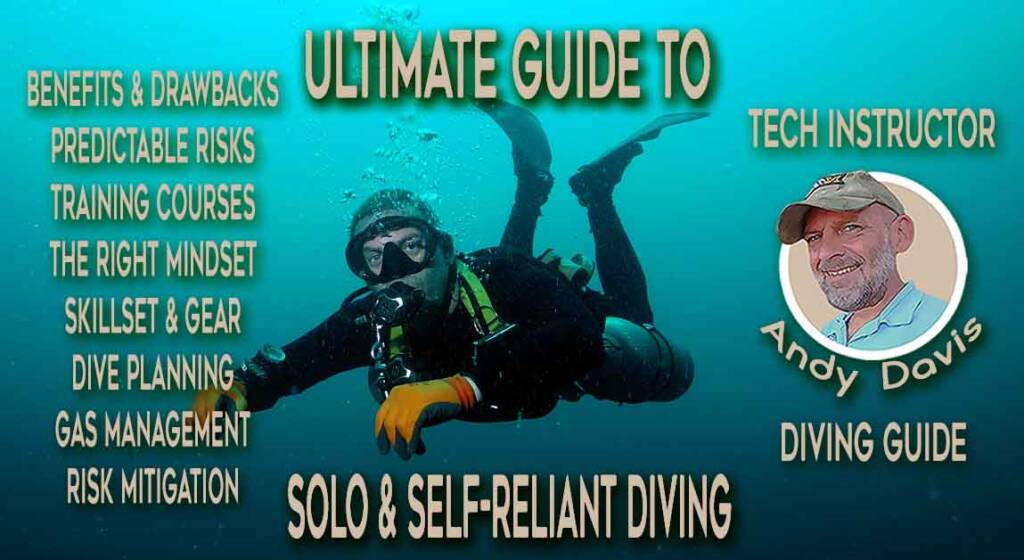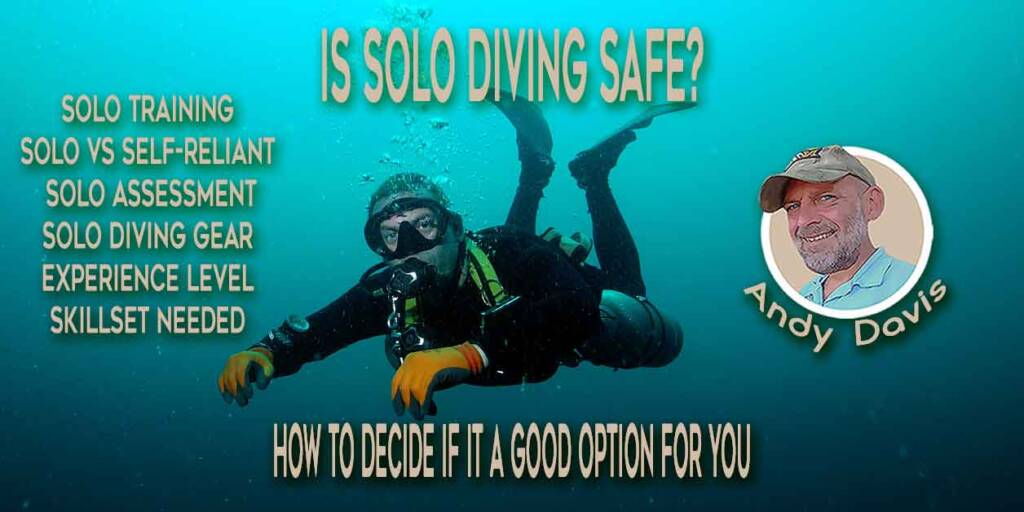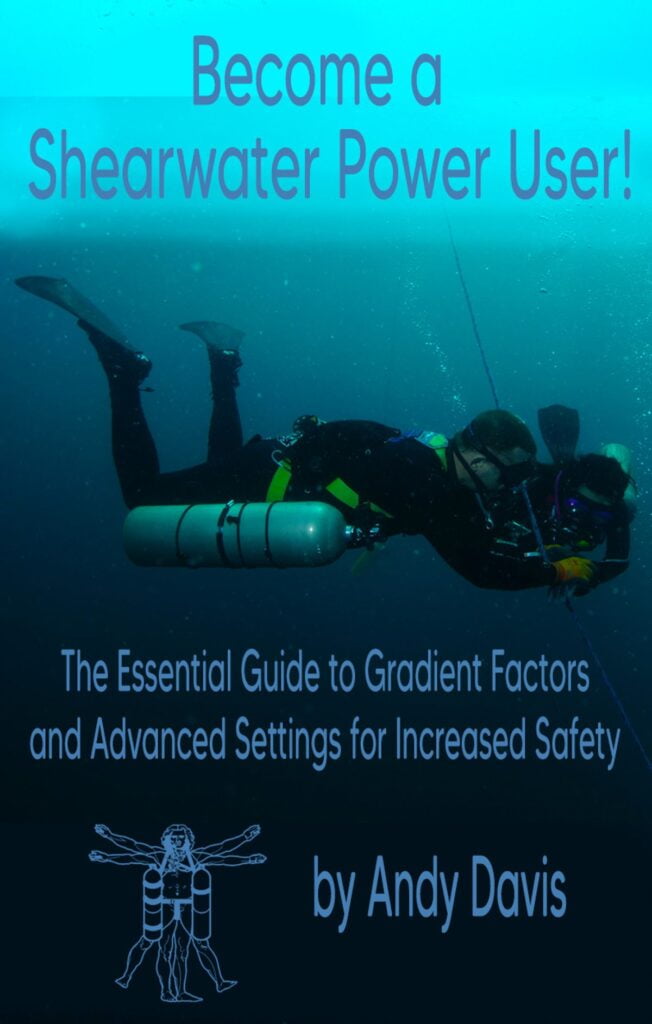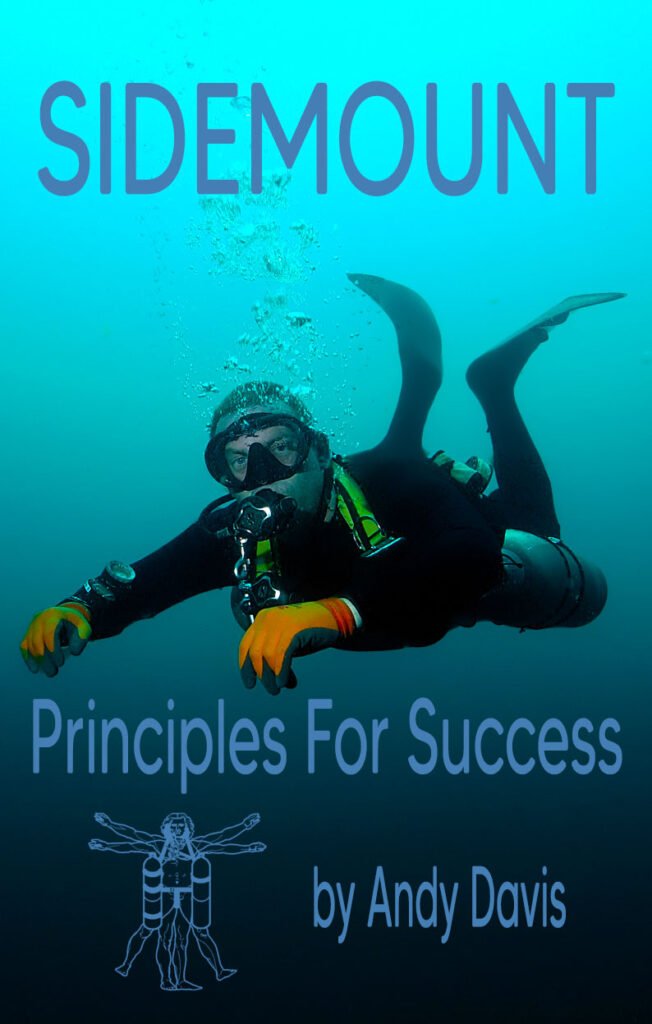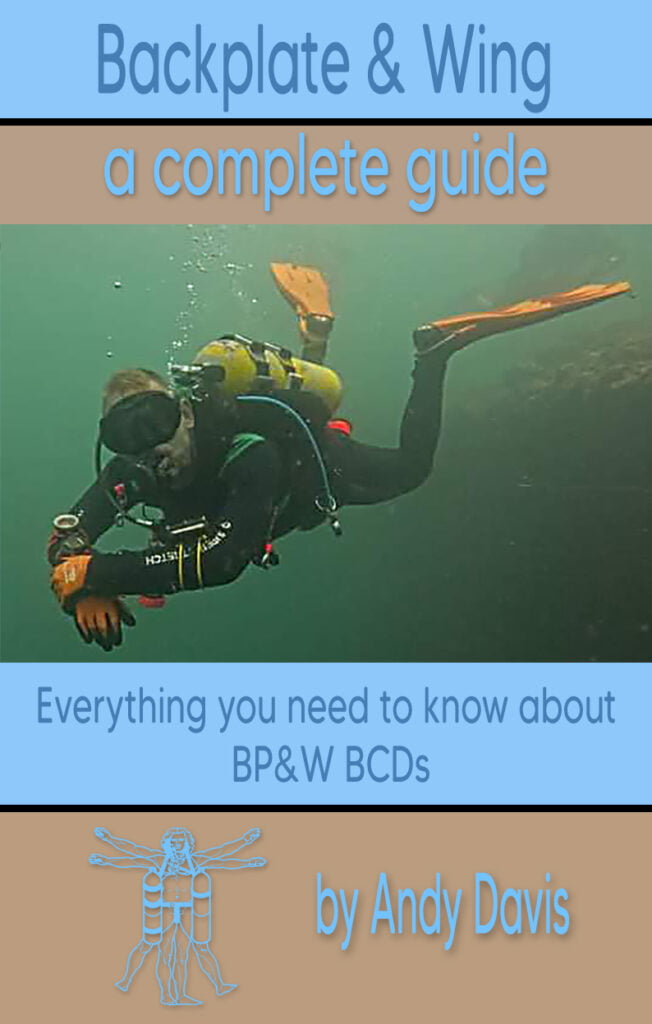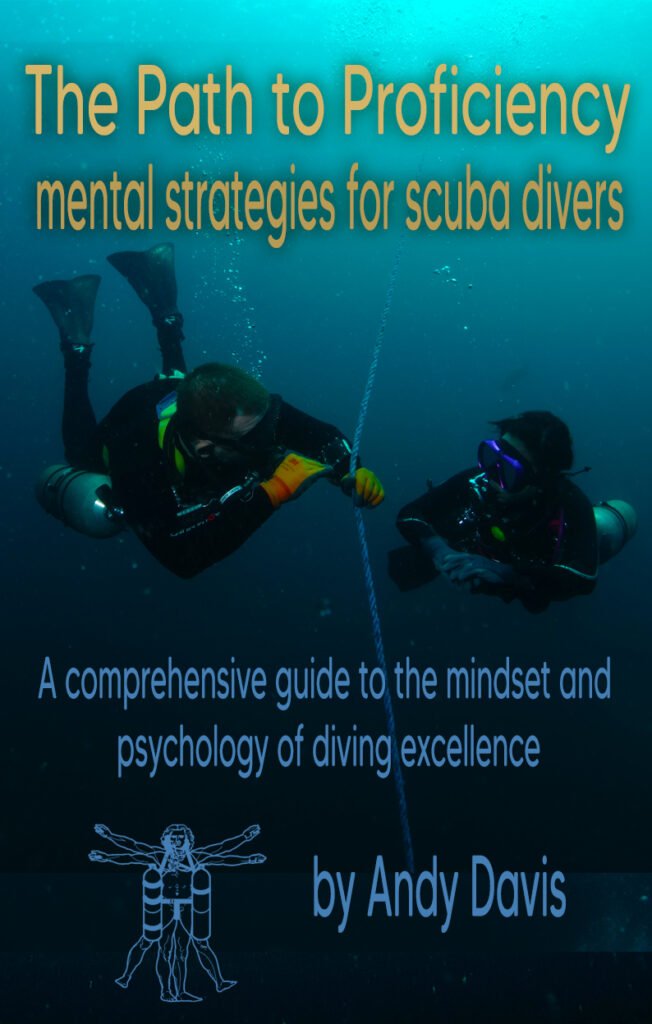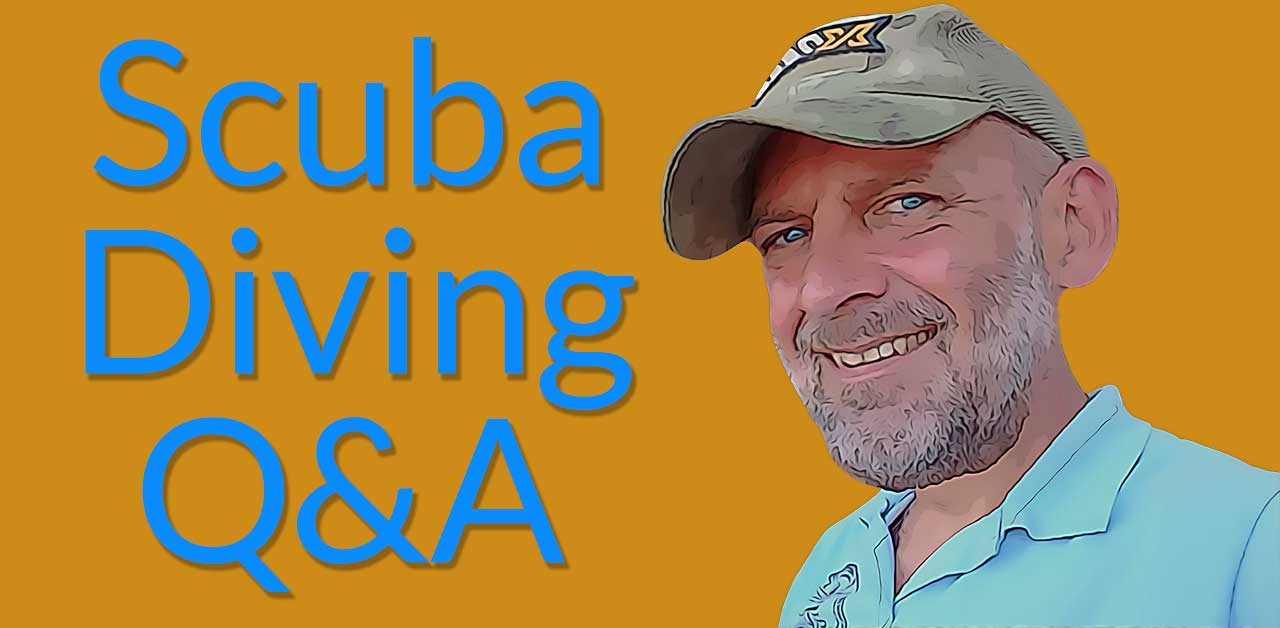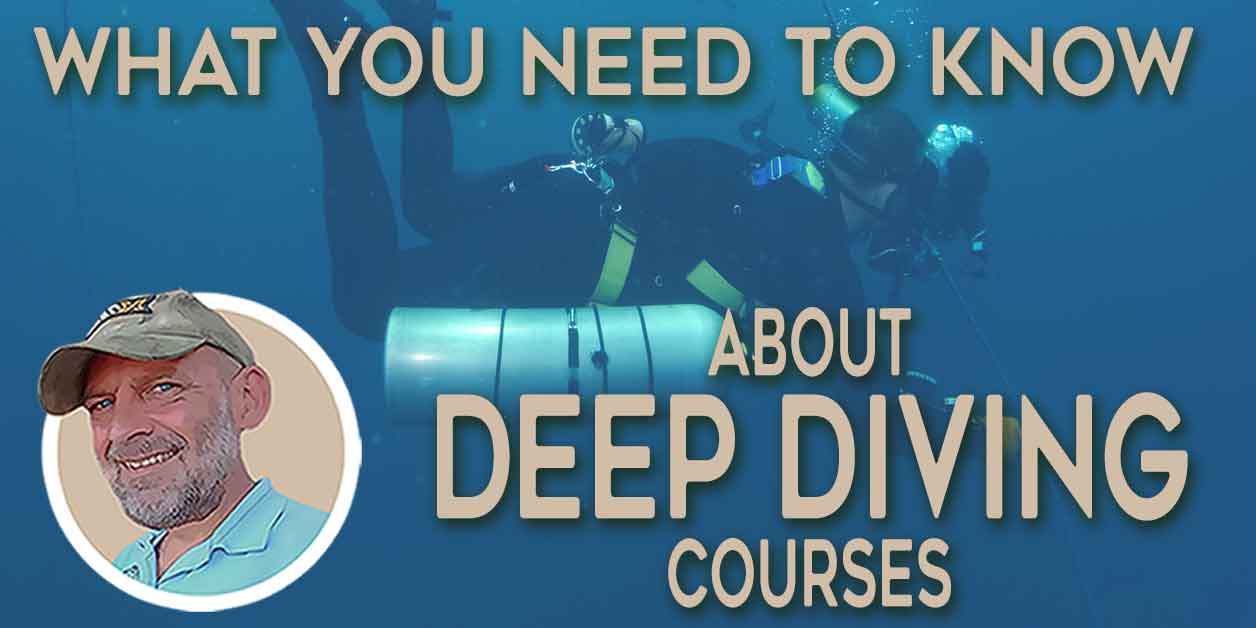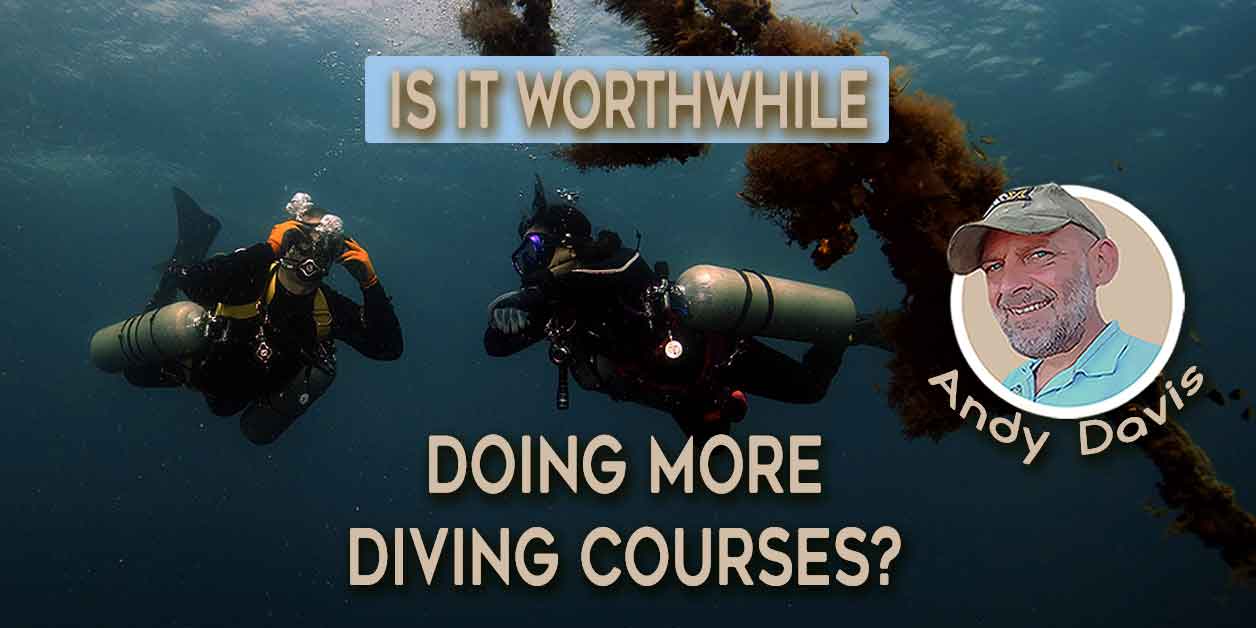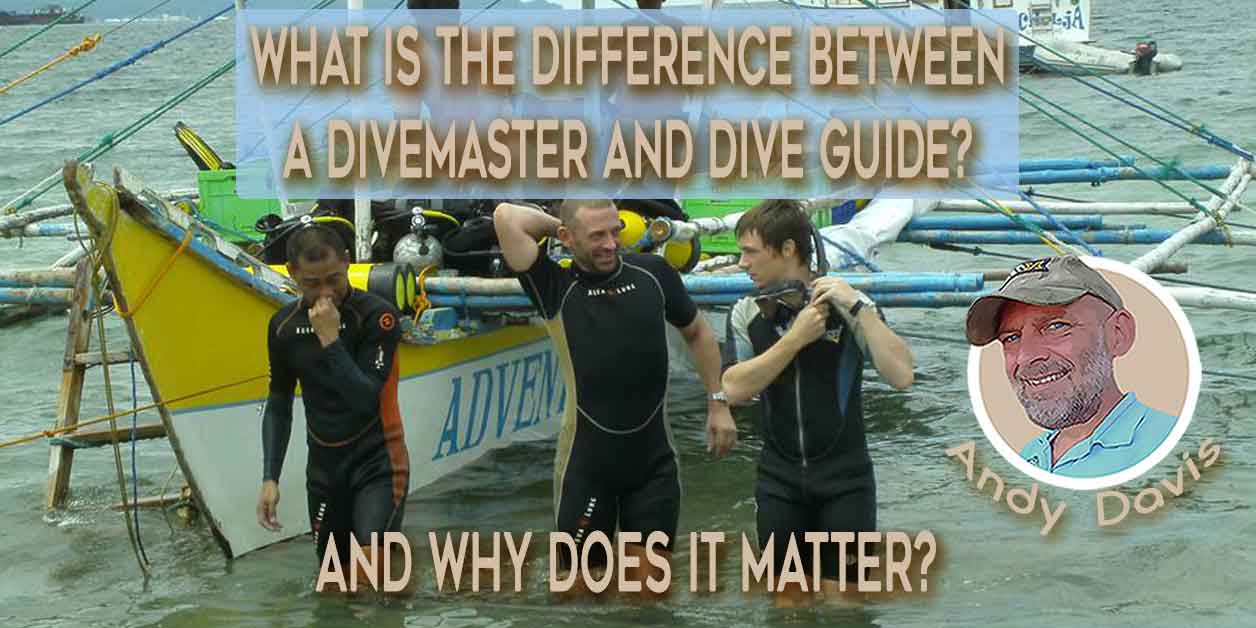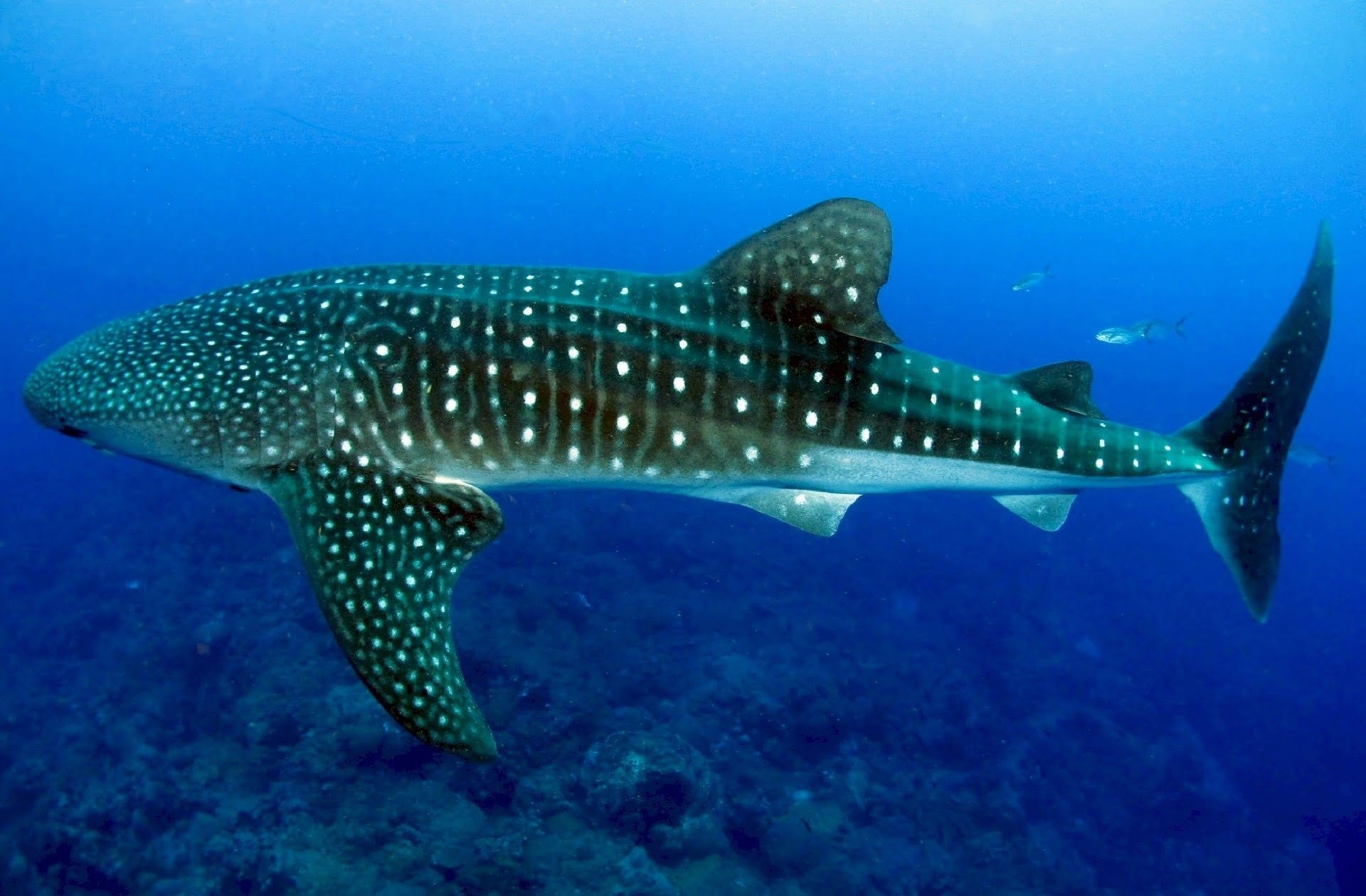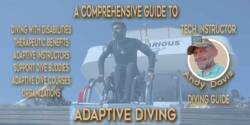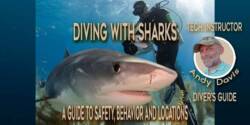Are You Ready For Solo Diving?
The issue of solo diving often comes up in conversation amongst divers and the activity is increasingly being seen as a more ‘mainstream’ pursuit, now supported through formalized training courses and qualifications by most of the mainstream scuba training agencies.
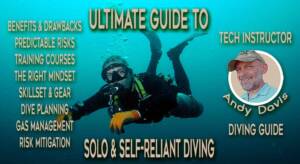
Factors to consider for solo diving
As a technical diving instructor, I often get asked about what factors a diver should consider when evaluating their capability to conduct solo diving activities. Here’s a list of the main issues that divers interested in solo diving should consider:
Solo diving is for accomplished divers
Solo diving is an activity that should only occur once the diver is an accomplished buddy diver. It’s a refinement of skill, rather than an excuse not to possess skills.
Solo diving requires specific training
Appropriate training for solo diving should be obtained. Many agencies (including PADI) now offer solo diver training – and they tend to be exceptionally valuable courses.
The PADI version is called ‘Self-Sufficient Diver’ – in recognition that the training provided not only permits solo diving activities but also the development of self-sufficiency for any diver who may otherwise operate in a buddy pair or team.
Technical diving courses also tend to emphasize self-reliance as the primary means for incident resolution; with reliance on a buddy/team as the secondary, or final, course of action.
A risk-averse mindset for solo diving
As mentioned, the mindset is critical. To conduct solo diving prudently, the diver needs to be confident that they have mitigated all reasonably foreseeable risks.
That confidence needs to be based on a foundation of honest self-awareness (“how good am I really?“) and a comprehensive understanding of, and respect for, the risks they will face (“how prepared am I, when compared to the worst case scenario that I will face?“).
Without experience and training, it’s hard to be honest with yourself that you fully understand the nature and consequence of the risks you might be facing.
High self-awareness ensures realistic confidence
The prospective solo diver must have an honest self-evaluation, based on evidence of past performance, that they can handle emergencies calmly and with control.
Panic is the critical factor and, if present, will nullify any hypothetical planning, skillset or emergency equipment carried by the diver.
It’s hard for inexperienced divers to have an honest appreciation of their performance under stress if they haven’t had the chance to experience stress and deal with incidents in the water.
Role-playing/simulation in training can provide insight into this, but there really is no substitute for ‘hard experience’. If a diver hasn’t had to deal with a given emergency situation, then they shouldn’t assume the capability to deal with that situation.
Overcome ego as a solo diver
Never fall prey to the ego trap that tries to tell you that you are competent, just because you never experienced an emergency.
Scuba diving is a safe activity and you won’t generally face critical problems on a regular basis. However, you are not necessarily a safe or competent diver because nothing goes wrong – you may simply be a lucky diver.
Sooner or later, luck runs out. Doing X number of successful/uneventful dives should never be a criterion for deciding your complete competence under those conditions… or deciding your capability to progress into more demanding or higher-risk activities.
Performance under ‘best-case scenarios’ is not a determining factor in your ability to survive a ‘worst-case scenario’.
Stress resiliency and management
Solo diving places critical importance on the issue of stress resiliency and stress management. In a buddy team, there is always a ‘backup’ brain. That is a person who may not be directly impacted/stressed by the emergency. They are more likely to react with calm and control to help provide a resolution.
When diving alone, the stressed victim is also the person who has to resolve the problems affecting them.
Never underestimate how stress/panic can degrade your ability to resolve a problem safely.
Assume Murphy’s Law on Solo Dives
Diving emergencies occur in line with the principle of ‘Murphy’s Law’. It’s easy to rationalize that a particular risk is unlikely (and therefore dismissable). However, the random occurrence of such events is what causes diving fatalities.
Nobody died on scuba that predicted, or expected, the incident that killed them.
If you haven’t actively mitigated a risk, then you should dive assuming that risk can become a reality. It can happen and it can kill you.
Use those assumptions to guide you when setting your own personal limitations. In that respect, don’t be preoccupied with the issue of depth. Unless you possess gills, having no access to air at 20cm is just as lethal as having no air at 20m.
Solo diving emergencies happen in a chain of failures
Diving emergencies typically feature a ‘chain’ of events. That is how scuba divers die under seemingly innocuous circumstances. Learn to recognize when you are on that chain… and be prepared to break the chain. If nothing else, by simply aborting the dive as a prudent measure.
Be aware of your capability to deal with multiple issues simultaneously. It’s easy to rationalize your capacity to deal with a single incident/stressor. Reality proves that such things rarely happen in singularity.
A single incident/failure/stressor normally results in a ‘near-miss’… you survive.
Multiple simultaneous incidents/failures/stressors have an exponential capacity for decreasing your chance of survival.
Incompetency kills solo divers
Lack of skill, knowledge and capability drastically increases the risk of multiple simultaneous incidents/failures/stressors.
This is the scenario where task-loading, stress, and inappropriate response can lead to the evolution of further subsequent issues.
Be aware of how this ‘chain’ can work. Ensure honest confidence in your ability to sever the chain through appropriate and timely responses. Place an emphasis on not creating further issues.
Plan for the worst when solo diving
Be pessimistic in your dive planning, risk assessment and risk mitigation measures. Never assume that you can simply ‘avoid’ a problem.
Never assume that a problem will not arise.
Be prepared, mentally, skillfully and with the appropriate equipment, to deal with a problem. For instance; “Avoiding entanglements” is not a risk mitigation… “being prepared, practiced and equipped to deal with entanglements” is.
You must aim to be “fail safe”. Failures WILL happen. You have to be prepared to survive them.
The four types of solo diver
Divers who engage in solo diving without appropriate qualifications tend to fall into one of four categories. Be honest with yourself about which category YOU may be in:
Inexperienced divers
Less competent and inexperienced divers often put convenience before safety. They typically don’t have an integral ego check to understand the relationship between experience/skillset and risk.
Their mindset typically seeks ‘acceptance of risk’, rather than a ‘mitigation of risk’.
With comparatively little experience and no formal training or assessment for solo diving, there is a high likelihood that these divers fall foul of the Dunning-Kruger Effect. Put simply, they don’t know what they don’t know… which inflates their confidence unrealistically.
Experienced divers
These types of solo divers are often dive professionals or pro/semi-pro photographers. They possess sufficient experience and knowledge to understand the risks. Therefore, they usually approach solo diving in a conservative and prudent manner.
It is hard to differentiate between capable and incapable solo divers at this level. Ego plays a large role in the personal justification for solo diving.
Capable solo divers, in this demographic, are generally determined by whether specific measures, such as redundant air sources, depth limitations, precision gas planning etc, are applied for solo diving.
‘Old-school’ divers
These are divers with decades of experience who undertook much more extensive diving training, long before the ‘fast-track’ short scuba courses of the modern era.
As such, they could otherwise be expected to possess:
- A refined sense of personal responsibility
- A more robust skill set
- A high degree of experience
Whilst not possessing a ‘qualification’, an analysis of their experience and training history will normally illustrate that the required skills and, most importantly, mindset are in place.
Technical divers
Highly trained and extensively technical divers might generally be expected to possess the same training as is delivered on specific solo diving courses. Most solo diving courses draw their materials, skills and drills from the entry-level technical diving syllabus.
My Other Articles on Solo Diving
A Useful Gas Management eBook for Solo Divers
Gas Management For Scuba Divers
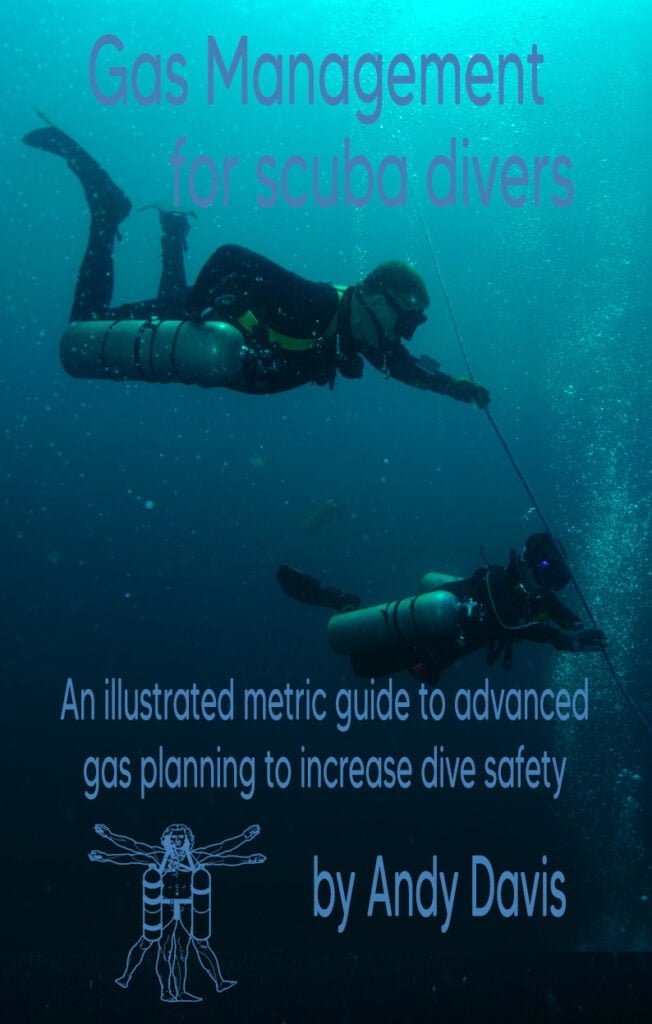
The comprehensive, illustrated, metric guide to advanced gas planning and management for safer scuba diving. Only $9!
60 Pages. Printable PDF format. Fully Illustrated.
About The Author

Andy Davis is a RAID, PADI TecRec, ANDI, BSAC, and SSI-qualified independent technical diving instructor who specializes in teaching sidemount, trimix, and advanced wreck diving courses.
Currently residing in Subic Bay, Philippines; he has amassed more than 10,000 open-circuit and CCR dives over three decades of challenging diving across the globe.
Andy has published numerous diving magazine articles and designed advanced certification courses for several dive training agencies, He regularly tests and reviews new dive gear for scuba equipment manufacturers. Andy is currently writing a series of advanced diving books and creating a range of tech diving clothing and accessories.
Prior to becoming a professional technical diving educator in 2006, Andy was a commissioned officer in the Royal Air Force and has served in Iraq, Afghanistan, Belize, and Cyprus.
In 2023, Andy was named in the “Who’s Who of Sidemount” list by GUE InDepth Magazine.
Purchase my exclusive diving ebooks!
Originally posted 2018-03-07 23:56:03.

